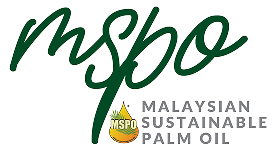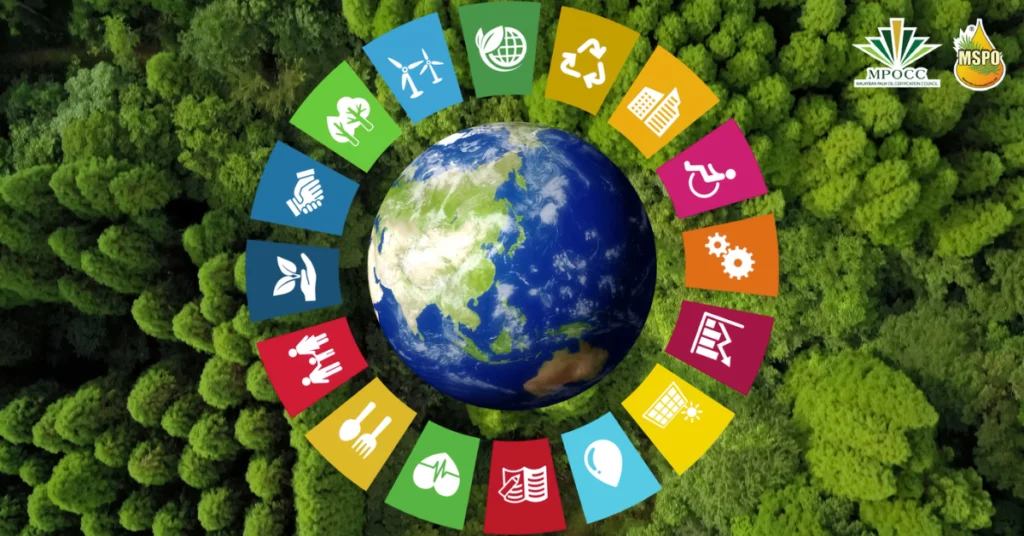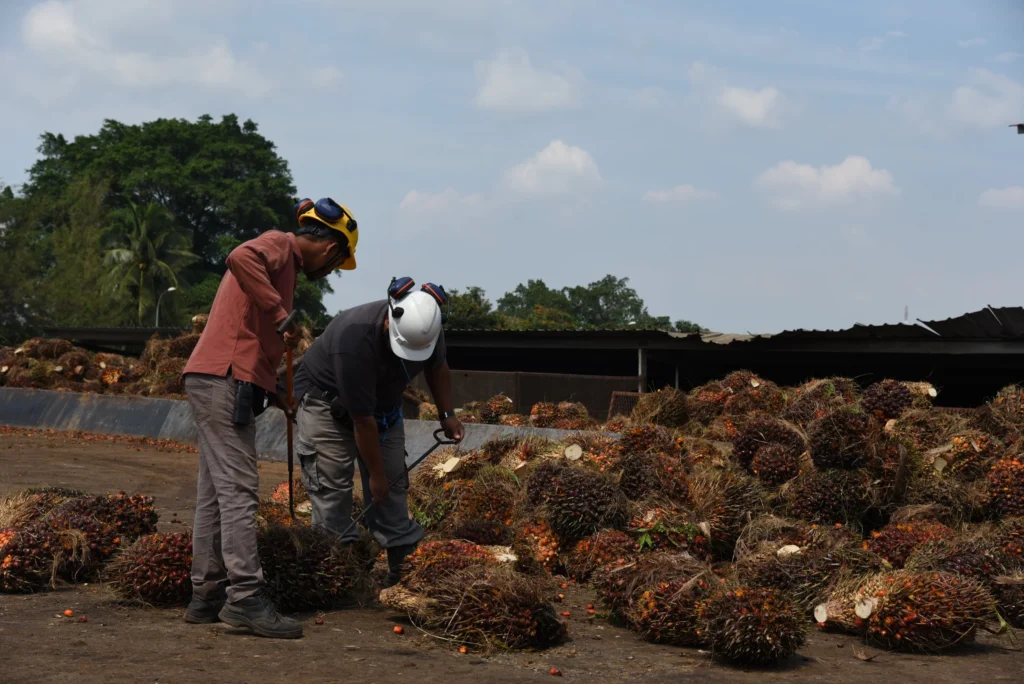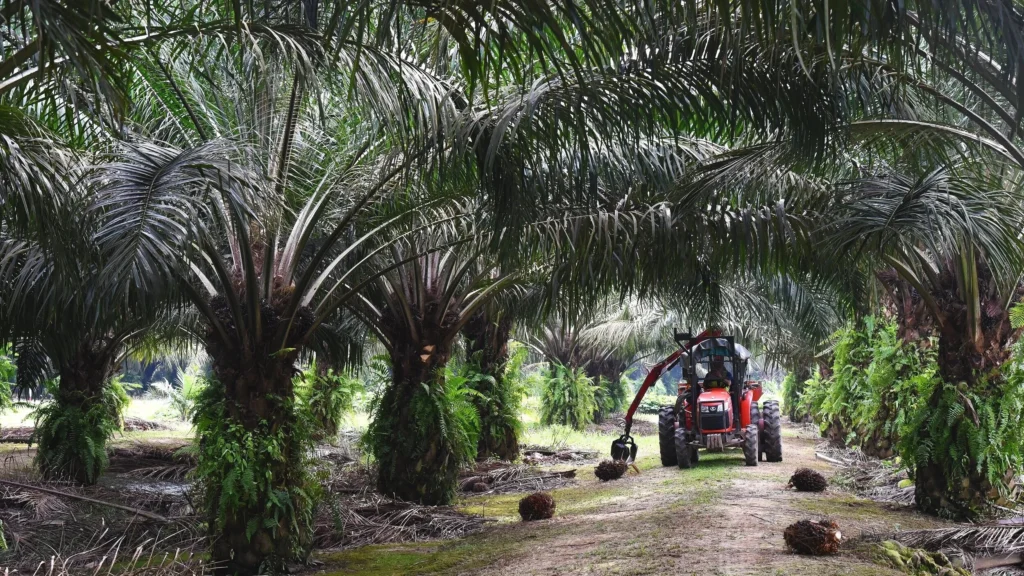
Adopted in 2015 by all
United Nations
Member States, the
United Nations Sustainable Development Goals (UNSDG)
has listed 17 goals to work towards the 2030 Agenda for Sustainable Development.
The goals are created as an urgent call for action for all countries to work together towards a shared future where not only poverty is eliminated, but with improvements in health and education, reduced inequality, and continuous economic growth whilst tackling the challenges of climate change.
In tandem with international developments, the Malaysian Sustainable Palm Oil (MSPO) certification scheme was first launched in 2015 and
provides general principles to produce sustainable palm oil
that covers the 3Ps (People, Planet, Profit) in Malaysia.
The five principles of the Revised MSPO Standards MS2530:2022 are designed to provide a balance between the need for sustainability and economic growth. The increasing adoption of the MSPO certification scheme strengthens Malaysia’s potential to work towards achieving all the goals within the UNSDG. Here’s how the MSPO is specifically aligned with the 9 goals of the UNSDG:
![]()
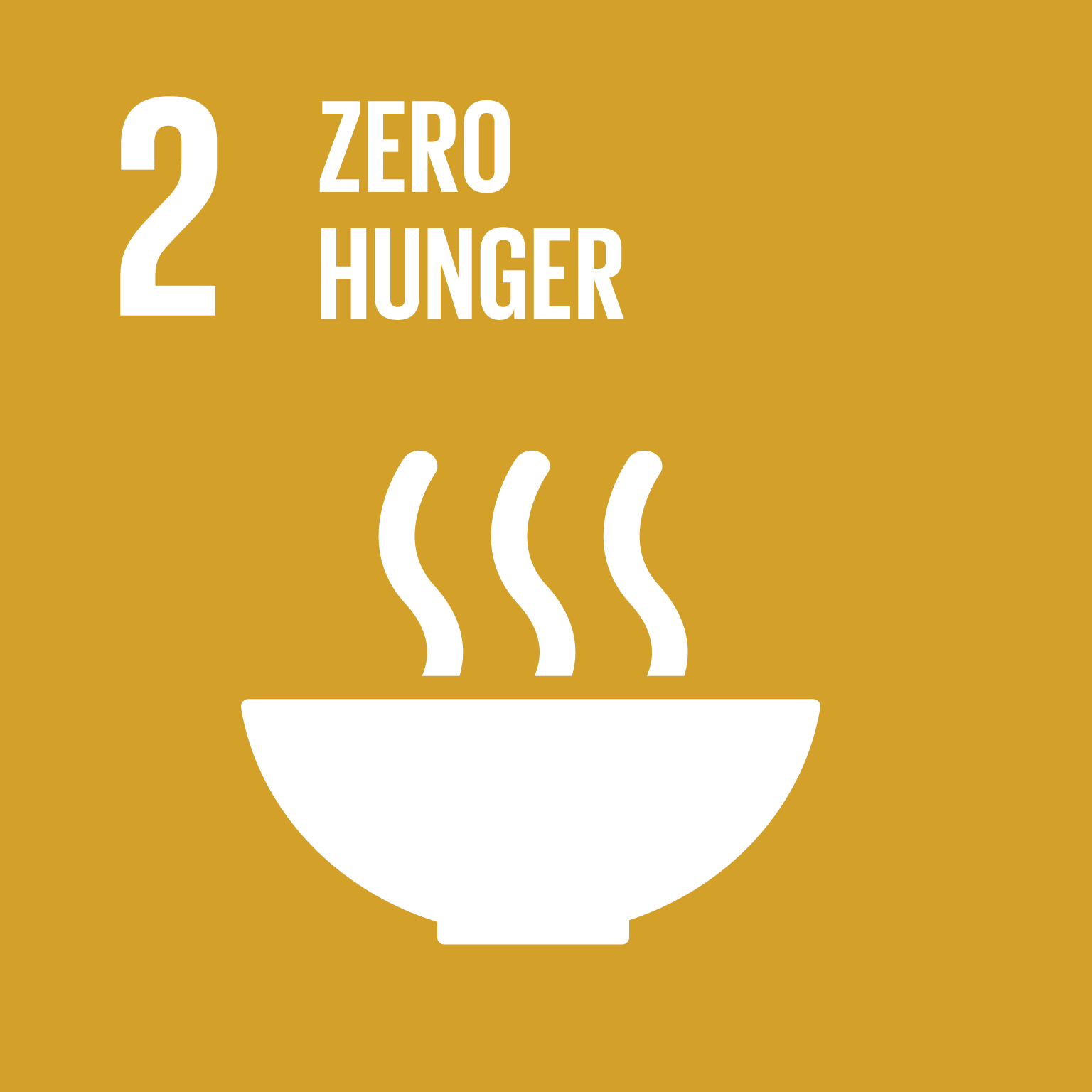

![]()
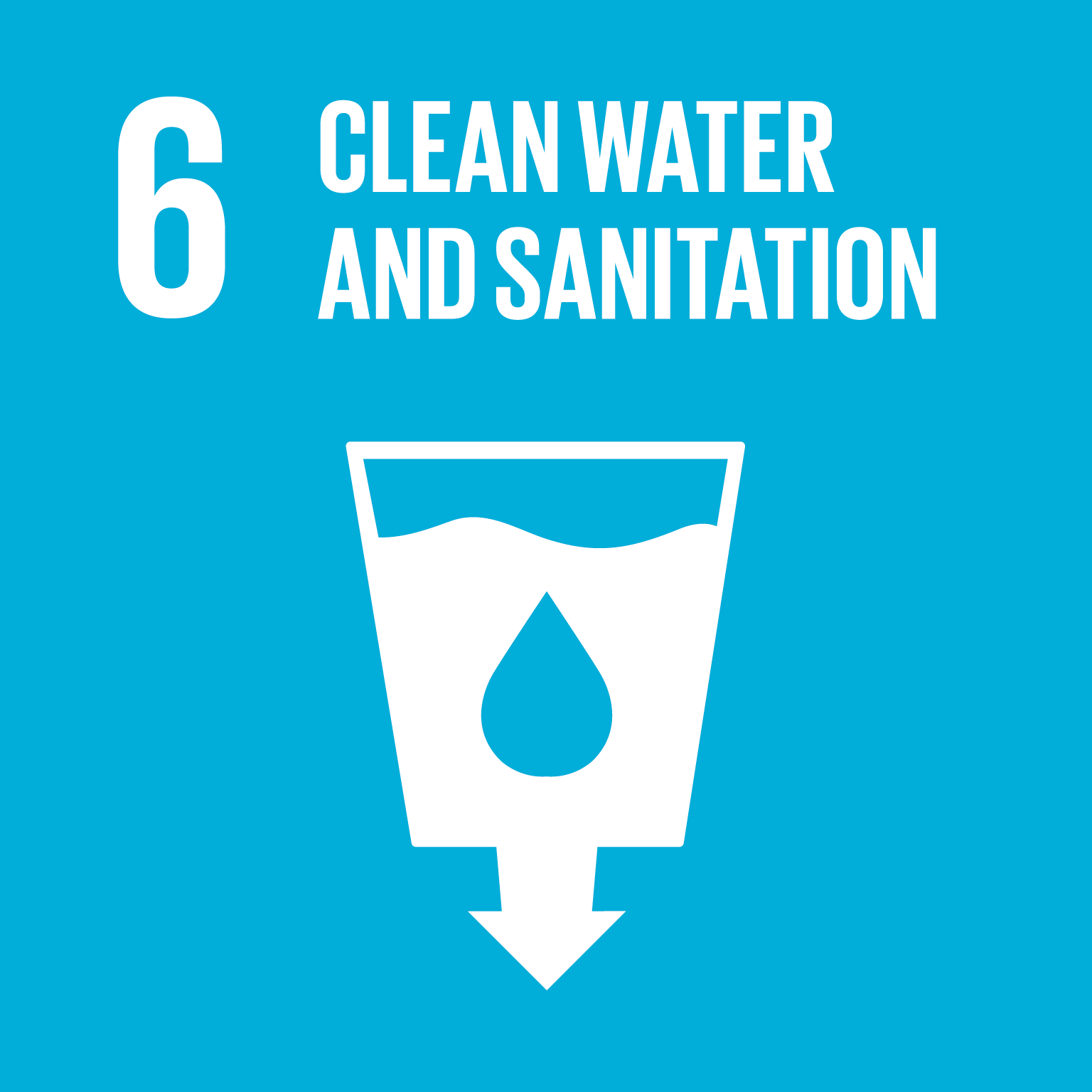
![]()
![]()
![]()
![]()
In conclusion, the MSPO certification process for oil palm plantations and refineries helps in more ways than one for Malaysia in working towards successfully achieving the UN 2030 Agenda for Sustainable Development.
Greater effort needs to be done towards meeting 100% MSPO certification throughout all oil palm plantations and refineries in Malaysia.
MSPO is distinctly beneficial, and it is salient that better awareness and recognition of MSPO certification is promoted at the world stage.
